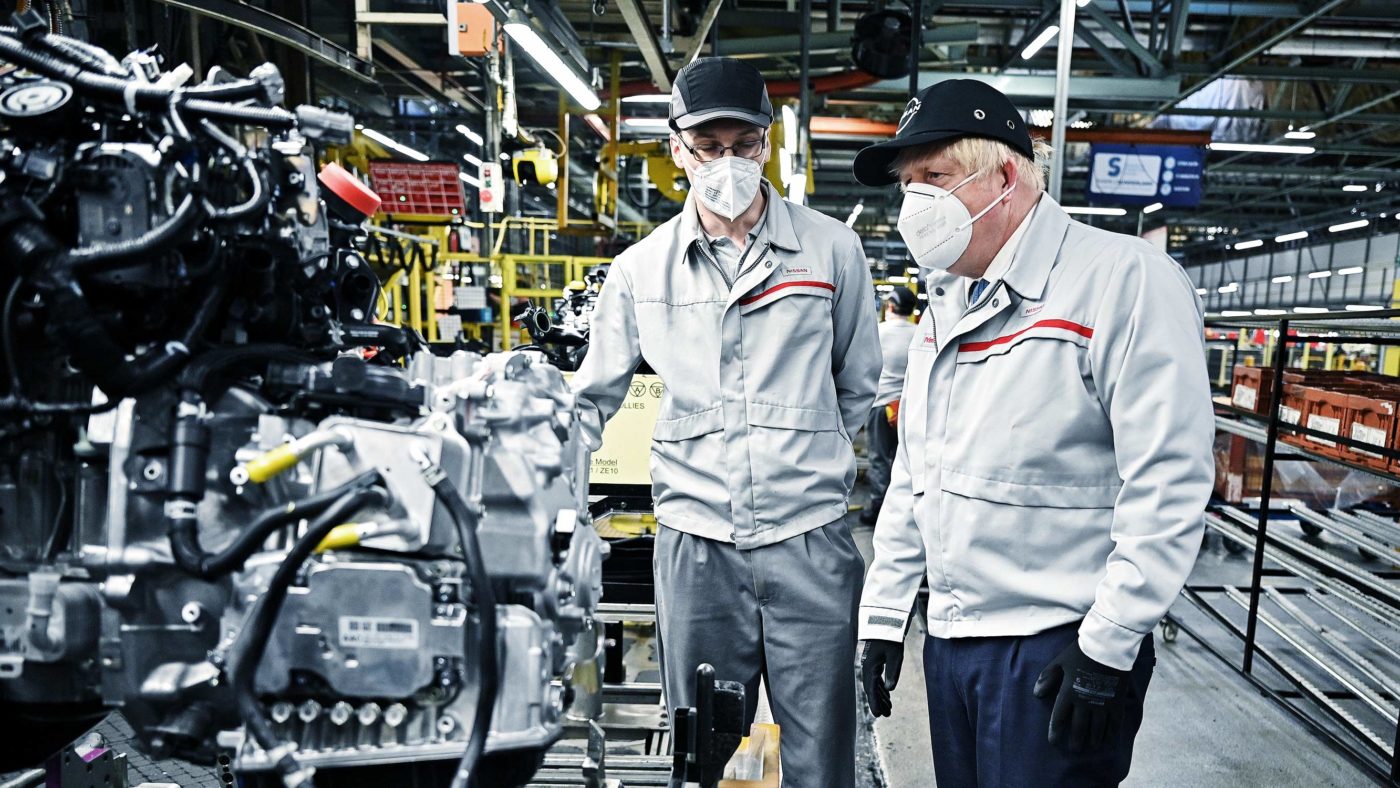Nissan’s announcement of a £1 billion Gigafactory to build lots of lithium batteries for electric vehicles is a “major vote of confidence in the UK” according to Boris Johnson. He is cheering his twin goals of decarbonisation and putting the UK firmly in the lead on the “we-make-more-batteries-than-you” competition with Europe.
Actually as a technology, lithium batteries have a lot in common with airships, and both are dead-end technologies.
Back in the 1930s, as air travel was opening up, the Germans were impressing the world with their Graf Zeppelin airships, flying passengers in luxury across the Atlantic. British Airships were not so great. The R101 crashed, killing important people. While the German’s got on with building beautiful airships, the British built Flying Boats and developed passenger routes to connect the Empire. We all know what happened to the Hindenburg, and 20 years later, we were flying jet passenger planes.
In their 1930s guise, Flying Boats and Airships were two evolutionary dead-end technologies. Filling canvas bags with highly flammable hydrogen, in retrospect, wasn’t a great idea – much like lithium battery-powered electric vehicles will prove to be when water tables around the globe are compromised by battery pollution.
Heresy, you say!
For all the noise, electric vehicles are not carbon-neutral. Like any manufactured product, they depend on hewing materials out the ground and processing them into cars. Lithium is a scarce commodity, as are cobalt and nickel, which are also required. To mine and process them becomes increasingly difficult the scarcer they get. Lithium and cobalt are nightmares to recycle and very toxic. It has been reported there will be 8 million tonnes of waste batteries by 2040.
Lithium batteries require lots of electricity to power them, which comes from renewable and non-renewable sources but still, they create carbon. Lithium should trigger all kinds of ESG alarm bells but somehow gets the nod because it has become the current paradigm.
The UK government can garner all kinds of cheap publicity points about this new Nissan Factory being clean, job-creating, and enabling the UK to meet its target to ban diesel and petrol engines by 2030. It’s all bogus of course. Its politics. The politics of Brexit mean lithium batteries are the only favoured capacitance solution because they are written into the “rules-of-origin” battery provisions of the EU treaty. This means the UK can only export electric vehicles tariff-free if they are made in existing automotive plants.
There are many promising alternatives to lithium batteries. There are other technologies in development, but how many of them will be quietly crushed by the lithium-industrial-complex? There is a gang of politicians, miners and manufacturers committed to selling us lithium-only solutions.
Better alternatives that will not cause the massive pollution and environmental degradation lithium will create are coming. They will provide more efficient capacitance and, or provide a more reliable service range. But give them time. It might be carbon-ion or aluminium-based new capacitance tech, or it might be developing blue and green hydrogen. There are better ways to proceed.
Lithium tech is over 50 years old and should never have taken the forefront of electric vehicle development, but it did. Perhaps it happened because it was simply easy for Tesla to go down that road? Either way lithium is, at best, a useful stopgap but not a long-term solution.
Click here to subscribe to our daily briefing – the best pieces from CapX and across the web.
CapX depends on the generosity of its readers. If you value what we do, please consider making a donation.


